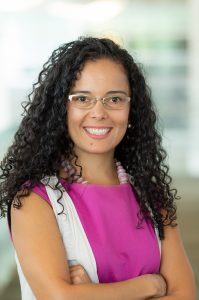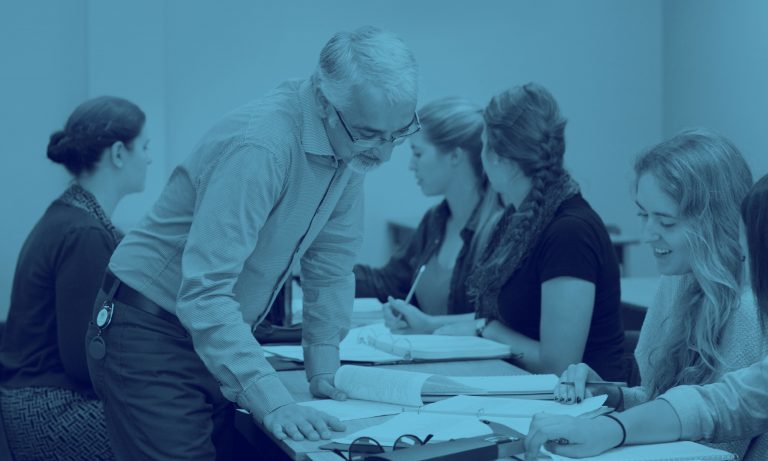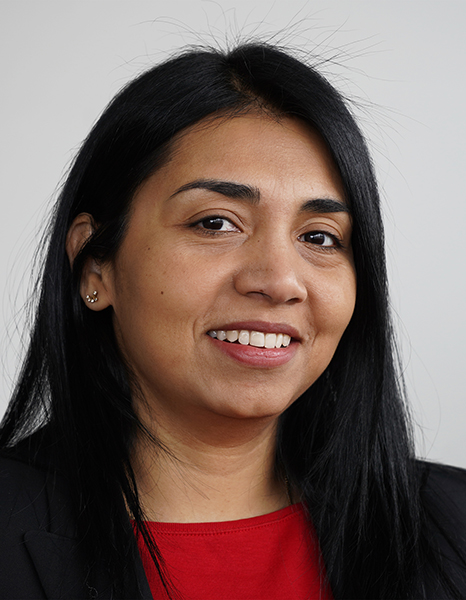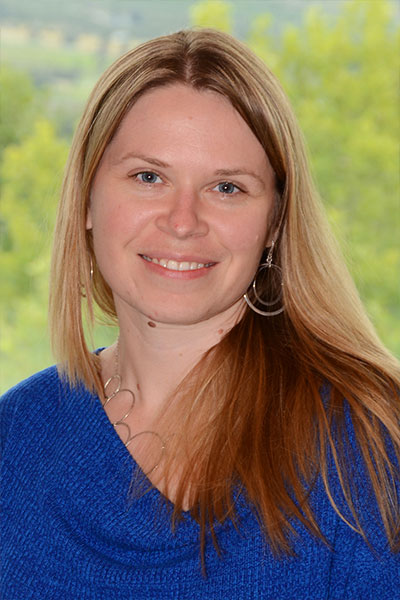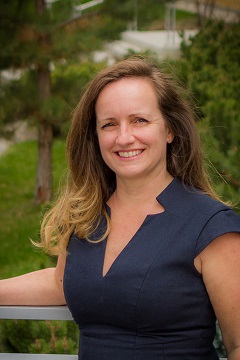Update (June 21, 2023): On the recommendation of the search committee, the Associate Provost, IDEA position will be reassessed in 2024.
UBC is committed to fostering equitable and inclusive learning and working environments in which human rights are respected, where all members of the UBC community are treated fairly and with dignity, and where the rich diversity of UBC students, faculty, and staff have equal opportunity to participate in the life and work of the university.
In recent years, we have intensified our efforts to build a more inclusive campus through our equity and anti-racism plans and initiatives, which are being implemented under the guidance of the Strategic Equity and Anti-Racism (StEAR) Framework, led by UBC’s Associate Vice-President, Equity and Inclusion (AVPEI).
UBC’s StEAR Framework is a community-engaged, data-informed, action-oriented, and accountability-driven tool for the planning, implementation, and evaluation of priorities articulated in the Inclusion Action Plan (IAP), Employment Equity Plan, EDI CRC Action Plan, Anti-racism and Inclusive Excellence (ARIE) Report, Trans, Two-Spirit and Gender Diversity (T2SGD) Report, EDI Dimensions Action Plan, and forthcoming Accessibility Plan. The StEAR Framework was developed to align, unify and mobilize the systematic planning, implementation and evaluation of pan-institutional priorities through a consolidated Roadmap for Change.
Learn more about the StEAR Framework and frequently asked questions online at: equity.ubc.ca/about/our-approach
As we continue to foster a campus community centred on inclusive excellence and anti-racism, the Office of the Provost and Vice-President, Academic is pleased to announce a search for the next Associate Provost, IDEA at UBC Okanagan.
The Associate Provost, IDEA, is the academic equity lead for UBC Okanagan, while the AVPEI is UBC’s senior-most ‘diversity officer’ and university-wide equity advisor, overseeing a pan-institutional Equity & Inclusion Office, with teams on the Okanagan and Vancouver campuses, and the Director, IDEA is the administrative head of the Okanagan Equity & Inclusion Office.
Position Overview
-
- Reporting to the Provost and Vice-President Academic, UBC Okanagan, the Associate Provost, IDEA will chair the campus-wide advisory group, which supports the engagement, activation, and implementation of inclusion, diversity, equity and anti-racism priorities on the Okanagan campus, in collaboration with the AVPEI and under the guidance of the StEAR Framework.
- Working closely with the Provost and Vice-President, Academic, UBC Okanagan, the Associate Provost, IDEA will develop and maintain effective working relationships with the Associate Vice-President, Equity and Inclusion and other senior management members, Deans, faculty, administrative leaders on both the UBC Okanagan and UBC Vancouver campuses, and the external community.
- The Associate Provost, IDEA will provide joint oversight of the Equity & Inclusion Office on the UBC Okanagan campus, working closely with the Director, IDEA (starting June 1, 2023) who will have a dual reporting line to both the Associate Provost, IDEA and the Associate Vice-President, Equity and Inclusion.
Position Details
- This part-time position is internal to UBC Okanagan
- Tenured faculty, Associate and Full Professors in both streams (educational leadership and research) are welcome to apply.
- An honorarium and teaching release support will be provided.
- The appointment is for a two-year term (July 1, 2023 – June 30, 2025), with the possibility of an extension.
Application Process
Questions regarding the position can be directed to ubco.provost@ubc.ca.
Applications should be sent to Janine Wood by 11:59 pm on May 31, 2023 (extended). Please include a statement of interest (2-page maximum) along with a current CV. All correspondence will be treated in strict confidence.
Applications will be reviewed by the search committee, comprised of the following members:
- Jenica Frisque, Equity Education Strategist, UBC Okanagan Equity & Inclusion Office
- Rehan Sadiq, Provost and Vice-President, Academic, UBC Okanagan (chair)
- Arig al Shaibah, Associate Vice-President, Equity and Inclusion
- Silvia Tomášková, Dean, Irving K. Barber Faculty of Arts and Social Sciences
- Adrienne Vedan, Senior Advisor to the Deputy Vice-Chancellor and Principal on Indigenous Affairs
Equity and diversity are essential to academic excellence. An open and diverse community fosters the inclusion of voices that have been underrepresented or discouraged. We encourage applications from members of groups that have been marginalized on any grounds enumerated under the B.C. Human Rights Code, including sex, sexual orientation, gender identity or expression, racialization, disability, political belief, religion, marital or family status, age, and/or status as a First Nation, Metis, Inuit, or Indigenous person.

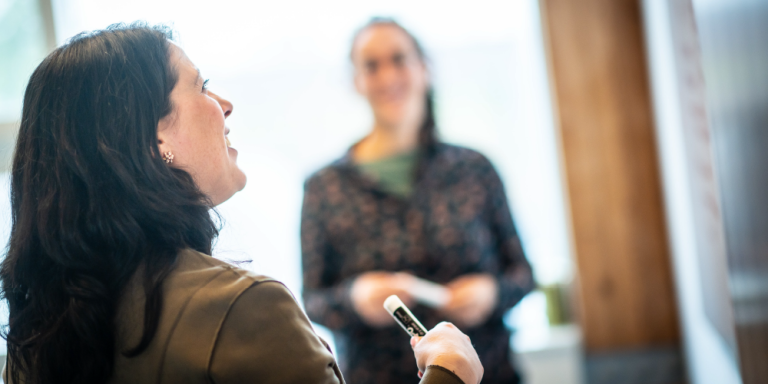
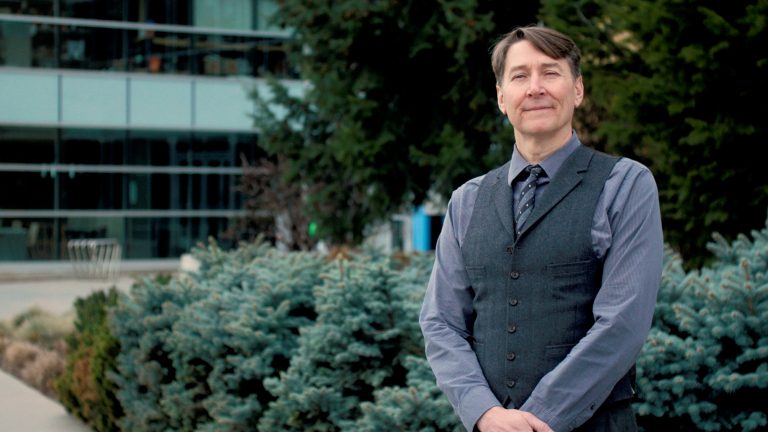
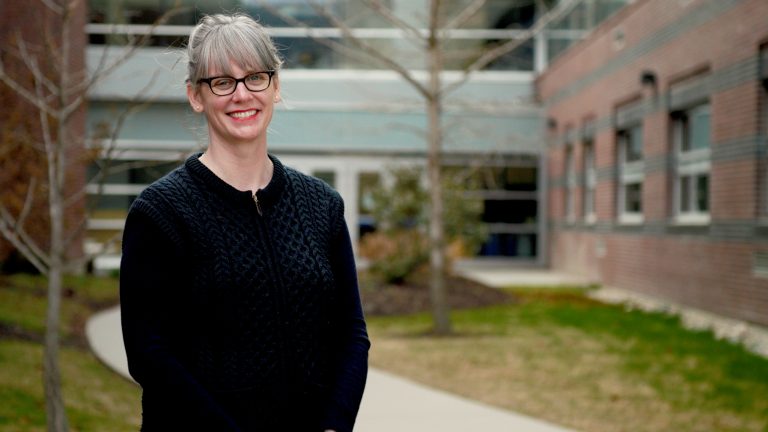
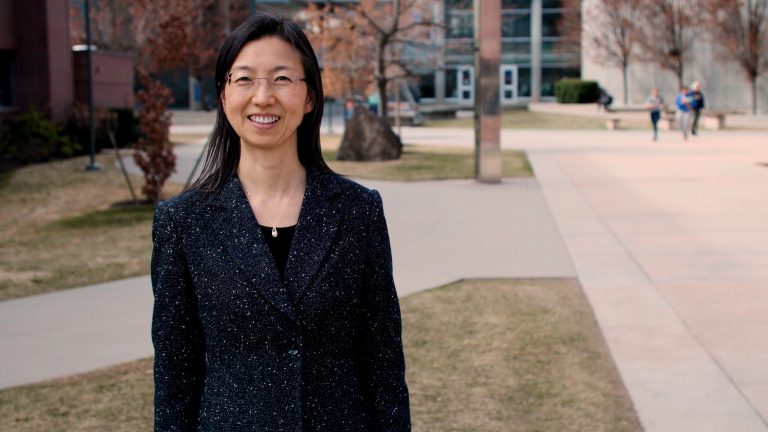
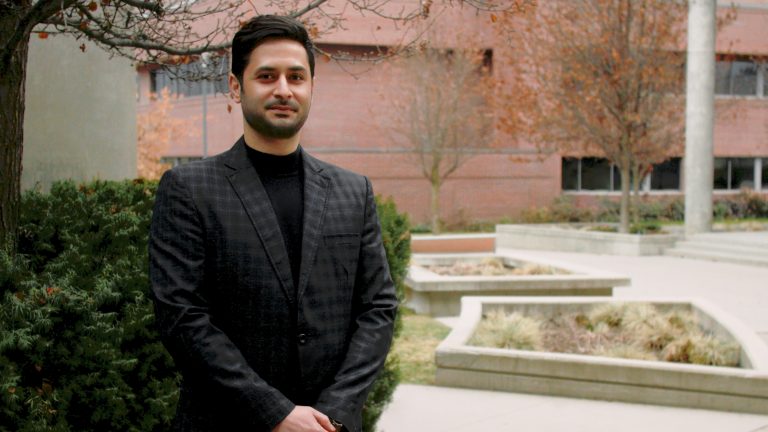
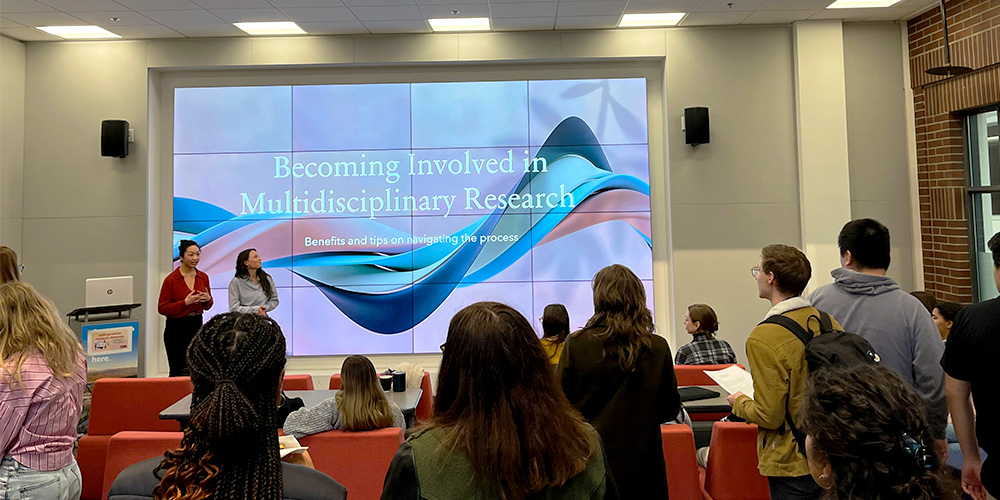
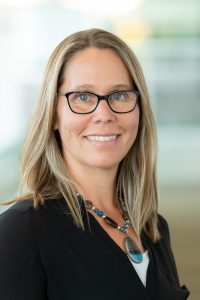 Meet Kirsten Bennett
Meet Kirsten Bennett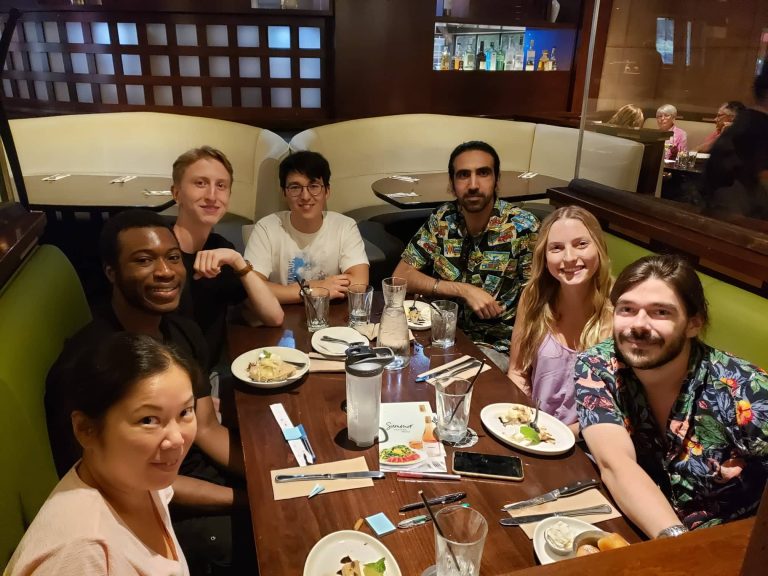
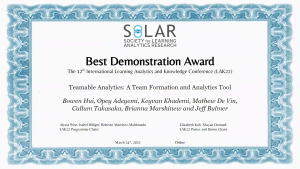 And their hard work is paying off. After a successful year that saw the team win the Best Demo Award at the International Learning Analytics and Knowledge Conference (LAK’22) and pilot their tool in seven classrooms of all sizes across UBC Vancouver and Okanagan, Hui has plans to expand their pilot project beyond UBC. “We want to continue piloting the tool to build a bigger user base and keep improving Teamable Analytics,” Hui says. “There was a lot of interest in the demo. Now we’re focusing on how we want to grow from here.”
And their hard work is paying off. After a successful year that saw the team win the Best Demo Award at the International Learning Analytics and Knowledge Conference (LAK’22) and pilot their tool in seven classrooms of all sizes across UBC Vancouver and Okanagan, Hui has plans to expand their pilot project beyond UBC. “We want to continue piloting the tool to build a bigger user base and keep improving Teamable Analytics,” Hui says. “There was a lot of interest in the demo. Now we’re focusing on how we want to grow from here.” 